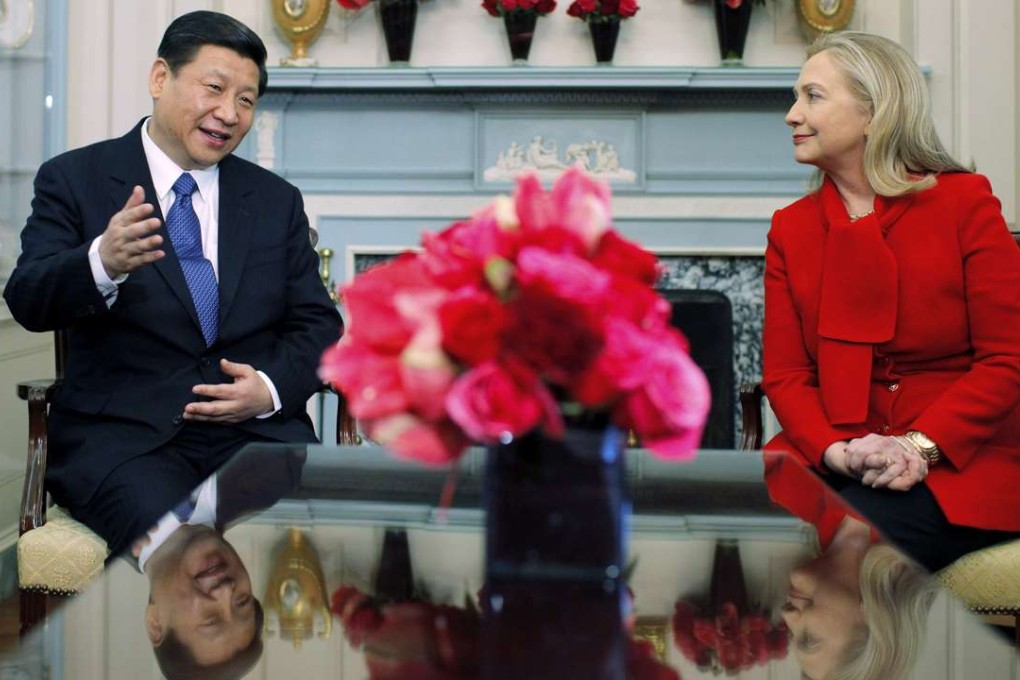‘Don’t ignore China’s economic coercion’: former Clinton aide’s advice to next US president
Washington needs to ‘develop answer’ to China’s flexing of economic muscle, says former state department aide to Hillary Clinton

Washington has focused too much on the military aspect of competition with China, and has overlooked Beijing’s economic coercion of its neighbours to reinforce its dominance in the South China Sea, a former top aide to US presidential candidate Hillary Clinton says.
Over the past few years, relations between China and the United States have often been strained, most notably in recent times over the South China Sea. Beijing has constructed artificial islands amid a military build-up in the region, while Washington has frequently sent warships on what it calls “freedom of navigation operations” in the contested waters.
But former Clinton aide Jennifer Harris, now a senior fellow at the New York-based Council on Foreign Relations, told the South China Morning Post the next US president should “develop an answer” not just to China’s military rise, but also the less-talked-about flexing of its economic muscle.
She said America’s South and East China seas policy “needs to take a bit more seriously than it is currently just how much of the Chinese coercion is taking an economic form”.
